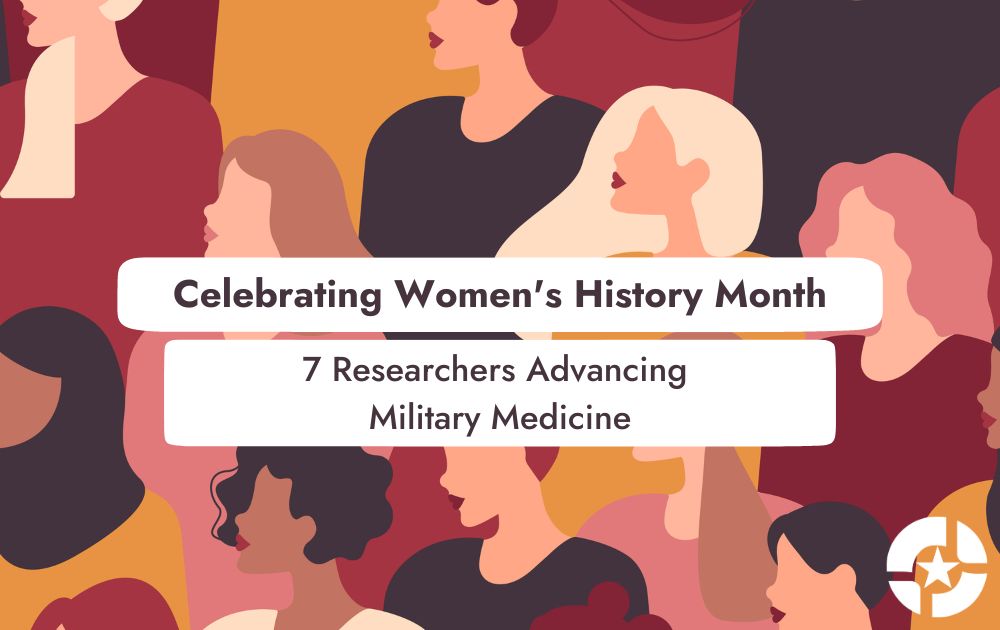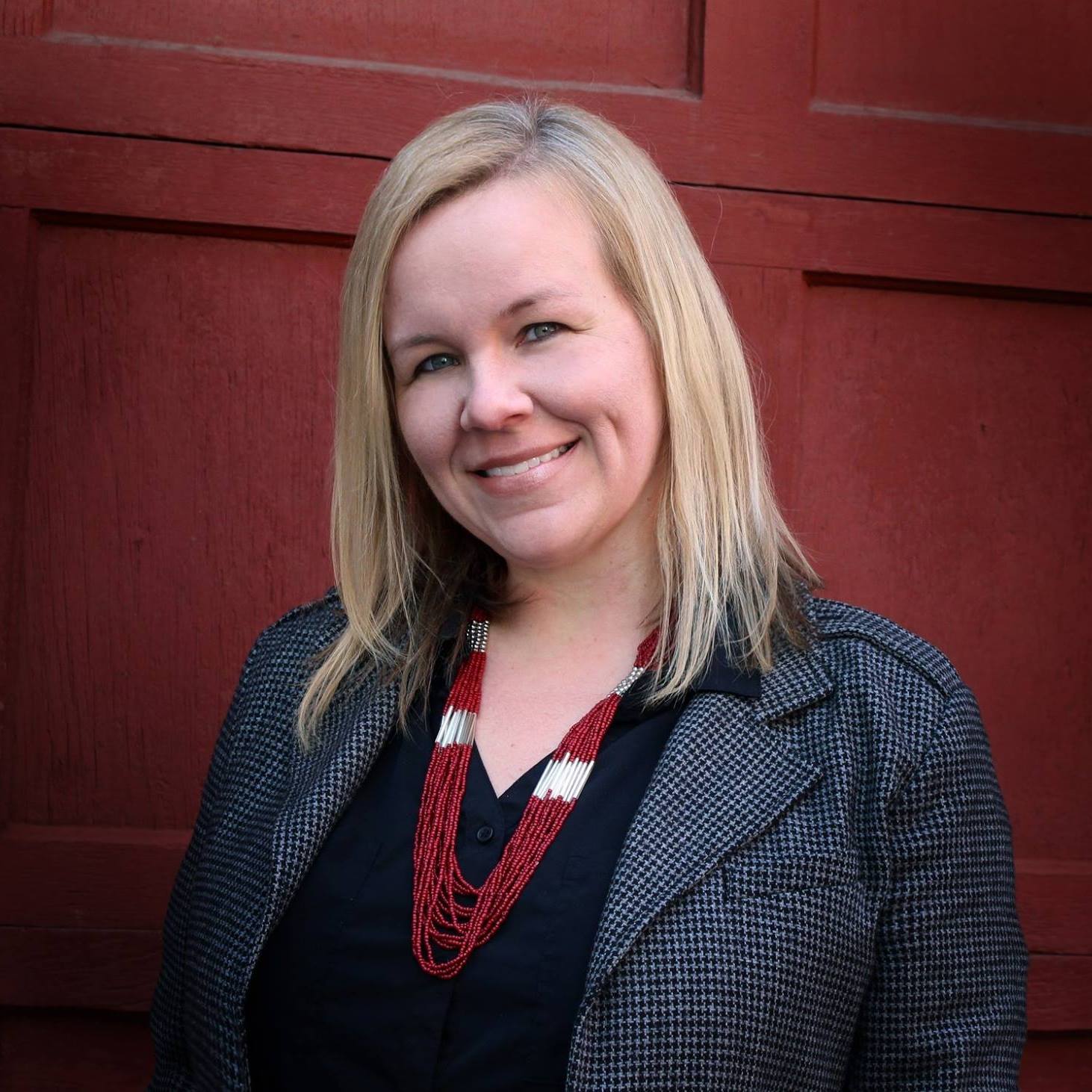30 March 2023
Celebrating Women’s History Month: 7 Researchers Advancing Military Medicine
Every year, March is designated Women’s History Month by presidential proclamation. The month is set aside to honor women’s contributions in American history. At Geneva, we’re celebrating brilliant researchers and their contributions to advancing military medicine. These people are disrupting norms, setting precedents — and also happen to be women.
To recognize their achievements, we’ve launched Geneva’s 2023 Researchers to Watch campaign with seven female researchers who are paving the way to ensure optimal health for service members and they communities they serve.
Elke Bergmann-Leitner, MSC, PhD
Tickborne diseases are gaining worldwide attention due to an increase in global temperatures and changes in tick populations with faster reproduction rates. Pathogens transmitted by ticks include the unusual type of Rickettsia bacteria that can cause potentially fatal diseases such as Rocky Mountain spotted fever. Dr. Bergmann-Leitner at the Walter Reed Army Institute of Research has dedicated her career to identifying immune correlates of protection against infectious diseases and understanding the interplay between pathogens and the host immune system. Read more
Sara Johnston, PhD
Nipah virus (NiV) is designated as a Category C pathogen which include semerging pathogens that could be engineered for mass dissemination in the future, causing major economic and human health impacts. Dr. Johnston is a Research Microbiologist and Team Lead in the Virology Division at the U.S. Army Medical Research Institute of Infectious Diseases where she leads large multitiered studies for some of the most hazardous viruses in the world—including NiV as well as Marburg virus and Ebola virus. Read more
COL (Ret.) Ann Nayback-Beebe, FNP, PhD, RN, USA
Health care workers have reported a greater prevalence of depression, anxiety, post-traumatic stress, and insomnia symptoms, compounded on top of treating COVID-19 patients. COL (Ret.) Nayback-Beebe is a Geneva principal investigator and employee who has devoted her 27-year military career as a nurse, nurse practitioner, and nurse scientist to treat and research acute and chronic pain, sleep disturbances and poor mental and physical health outcomes. Read more
LTC Julie Rizzo, MD, FACS, USA
New artificial intelligence (AI)-based applications have the potential to improve obtaining, reading and interpreting images quickly and accurately to save lives. These advances could help guide rapid diagnosis, triage, and inform early treatment solutions. LTC (Dr.) Rizzo is conducting clinical studies at Brooke Army Medical Center to acquire ultrasound images of participants with smoke inhalation lung injuries as well as traumatic abdominal and extremity injuries which will be evaluated to provide real-time analysis for a handheld ultrasound solution. Read more
LTC Leilani Siaki, PhD, FNP-BC, FAANP
Women make up almost 20% of active-duty service members, 17.6% of whom self-identify as Gender Diverse Individuals (GDI) e.g., lesbian, gay, bisexual, or transgender. Therefore, given this proportion, healthcare providers need to offer evidence-based, sex and gender-specific care to promote the health and readiness of all female service members. Nurse scientist and nurse practitioner U.S. Army LTC (Dr.) Siaki has focused her research for the past 20+ years on nursing, sleep health, cardiovascular diseases, and most recently, gender-specific care. Read more
COL Pauline Swiger, PhD, RN, CNL, CMSRN, USA
On the front lines of care, nurses and their leaders need insight. How well military treatment facilities are able to standardize nursing best practices can impact patients and employees. Nurse scientist and Chief of Nursing Research at Madigan Army Medical Center COL (Dr.) Swiger applies evidence-based best practices to improve the U.S. Army’s operations and deliver exceptional health care. Read more
Victoria Tepe, PhD
Service members with a history of traumatic brain injury or exposure to blast, hazardous noise, or jet fuel may have difficulty comprehending rapid speech or speech in noisy environments, distinguishing between similar sounds, and trouble localizing sound sources. Geneva Senior Science Advisor Dr. Tepe is a neuroscientist who supports the Department of Defense Hearing Center of Excellence. She recently co-authored a review article to describe military risk factors associated with central auditory processing disorder (CAPD). Read more



